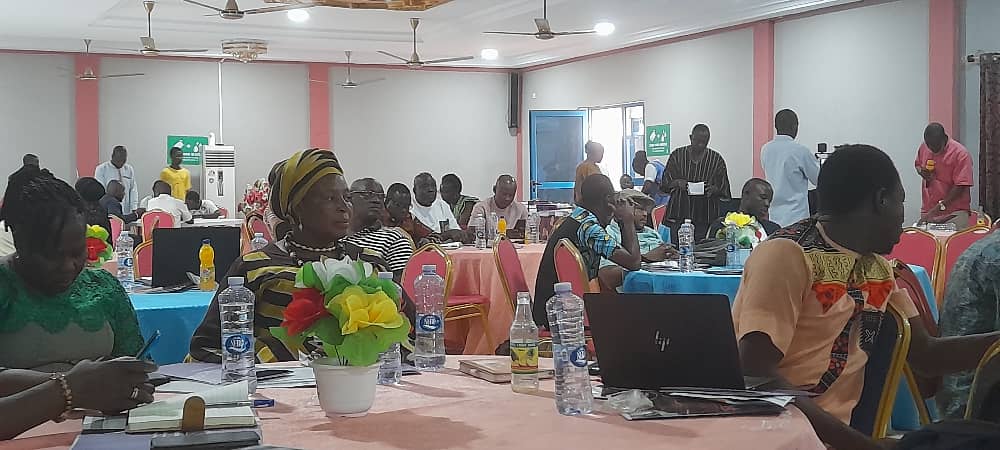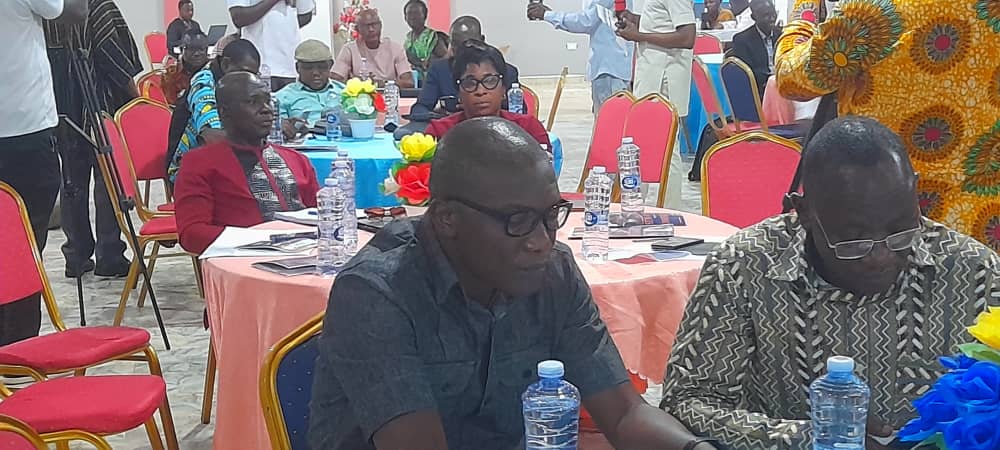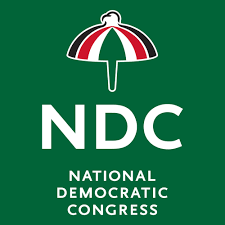
The recently released 2022 Ghana Demographic and Health Survey (GDHS) sheds light on crucial aspects of the health landscape in Ghana.
Conducted by the Ghana Statistical Service (GSS), the survey marks the seventh iteration of its kind, providing vital data for monitoring the health situation across the nation.

The survey findings were presented separately by statisticians from the Upper West and Savannah regions in Wa on March 5th, 2024, during the zonal dissemination of the 2022 Ghana Demographic and Health Survey (GDHS) report.
Here are some key findings from the survey.
Demographic Representation and Response Rate:
The survey achieved a remarkable response rate, with 99% of households participating.
Interviews were conducted with 17,933 households, 15,014 women aged 15-49, and 7,044 men aged 15-59, ensuring a nationally representative sample.
Fertility Trends and Family Planning:
The Total Fertility Rate has shown a decline, particularly in urban areas, reflecting a shift towards smaller family sizes.
Family planning utilization has seen an increase, with more women opting for modern contraceptive methods.
Antenatal Care and Child Health:
Antenatal care coverage has improved, with a significant rise in the percentage of women receiving care from skilled providers and having ANC visits in the first trimester.
Child mortality rates have shown a downward trend, indicating improvements in child health outcomes.
Nutritional Status and HIV Awareness:
Child malnutrition rates remain a concern, although there have been some improvements compared to previous surveys.
Awareness about HIV treatment and prevention methods among both men and women has increased, contributing to HIV prevention efforts.
Violence and Malaria Prevention:
Instances of physical, sexual, or emotional violence by intimate partners have decreased, reflecting efforts to combat gender-based violence.
The use of Insecticide-Treated Nets (ITNs) has increased, contributing to the prevention of malaria transmission, although regional disparities in malaria prevalence persist.
Collaborative Efforts and Funding:
The successful implementation of the GDHS was made possible through collaboration and funding from various organizations, including the Government of Ghana, USAID, UNFPA, and WHO, among others.
Technical assistance provided by ICF through The DHS Program supported the survey’s execution and data analysis.
The insights provided by the 2022 GDHS are invaluable for policymakers, healthcare professionals, and development partners in designing targeted interventions to address the health needs of the Ghanaian population.
Continued efforts and investments are essential to sustain and build upon the progress made in improving health outcomes across the nation.
Source: Padfm.com.gh/Kumatey Gorden/0243531604

















